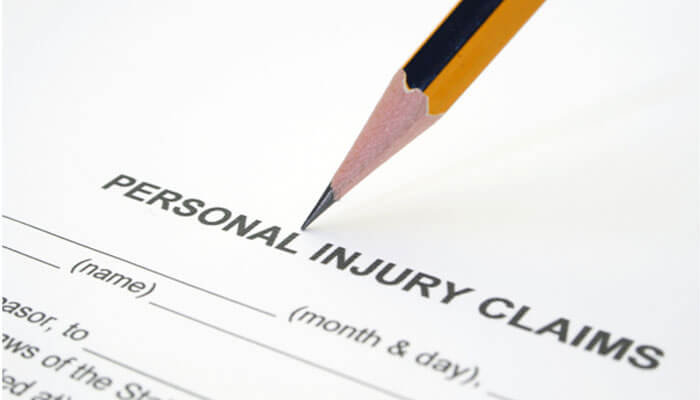Accidents are one of those unfortunate things that no one really expects to happen. During this phase of your life, personal injury compensation will be your real support, from medical bills to mental support; it can cover everything in your injury case.
But most people are still unaware of how it actually works. We’ve all heard terms like “claim,” “settlement,” or “compensation,” but the details can feel too legal or complicated, and this is one of the main reasons people overlook the legal process to recover compensation for the losses.
Don’t worry, here are 7 common questions about personal injury compensation, answered, so you don’t have to be perplexed about this.
7 Key Questions About Personal Injury Compensation
1. What exactly is personal injury compensation?
Personal injury compensation is basically money given to you when you’re hurt because of someone else’s fault (negligence). In proper terms, it is financial support to cover your medical bills, lost wages, and even the pain and stress you’ve gone through (yes, it covers both physical and mental).
But the thing is, it is not randomly given. As soon as the accident happens, you have to go through a huge legal process, with solid evidence, primarily to ensure you’re not left suffering financially on top of being physically hurt.
2. Who can file for personal injury compensation?
If you’ve been injured in an accident that wasn’t your fault, like a road accident due to someone’s negligence, a workplace injury, or even slipping and falling because someone didn’t maintain their property properly, you can file a claim and stand up for your rights. Sometimes, even family members can file on behalf of the injured person if the situation is serious.
3. How much compensation can one expect?
To be frank, there’s no fixed number. It really depends on things like how severe the injury is, how much you’re spending on treatment, and how long it affects your ability to work or live normally.
For example, a fracture may get you less than a long-term disability like a brain injury or even a spinal cord injury. The idea is that the compensation should cover your losses, both financial and emotional.

4. How to maximize the compensation?
The best way is to keep proper records, every hospital bill, every doctor’s note, and even travel costs to the clinic. Don’t miss follow-up appointments because insurance companies might use that against you.
Also, avoid settling too quickly just because you want the legal things to be closed. You might think you can handle it yourself, but insurance companies are experts at paying less. A good personal injury lawyer knows the system, the paperwork, and how to negotiate. They make sure you don’t get shortchanged.
5. How long does it take to get compensation?
There is no straight answer to this question. Some cases settle in a few months, while others take a year or more, especially if things go to court. It depends on how straightforward or complicated the case is. Patience is needed here, but a lawyer can push things along faster.
6. What if the accident was partly my fault?
Good question. In many places, even if you’re partly responsible, you can still get compensation, but it might be reduced. For example, if you were 20% at fault in a road accident, your compensation could be reduced by that percentage. It’s called “comparative negligence.”
7. Is the compensation only for medical bills?
No, it’s more than that. Apart from hospital bills, you can claim for lost wages (if you couldn’t work), future medical expenses, emotional distress, and sometimes even things like lifestyle changes. For example, if you can’t enjoy your hobbies the way you used to, that can also be counted.
Personal injury compensation is about helping you get back on your feet and make things normal. If you or someone you know is struggling after an accident, don’t hesitate to ask questions and get proper guidance.
Key Takeaways:
- Compensation is a support that is meant to cover your medical costs, lost income, and the stress you’ve gone through during the incident.
- An experienced lawyer can help you with the claiming process. They’ll tackle and deal with insurance companies and help you get a fair settlement.
- You can claim more than hospital bills; your compensation can cover lost wages, future treatment, and emotional pain. Changes can also be included.



